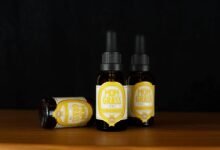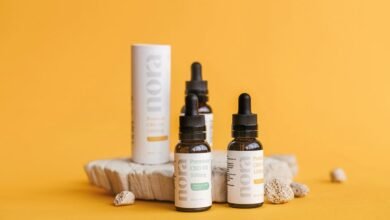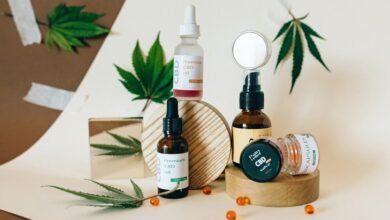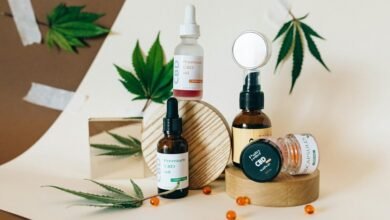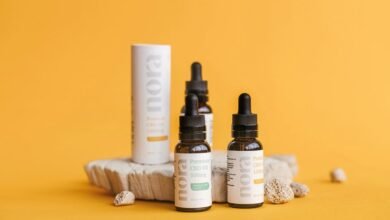Does Cbd Oil Make You Fail a Drug Test

The relationship between CBD oil and drug tests raises important questions for users. While CBD is often marketed as THC-free, trace amounts of THC can still be present in many products. This can lead to unexpected positive results on drug tests. Understanding the intricacies of CBD composition and individual factors is crucial for those concerned about testing outcomes. What precautions can users take to ensure they remain compliant with drug testing policies?
Understanding CBD Oil and Its Composition
CBD oil, a product derived from the cannabis plant, primarily contains cannabidiol (CBD), a non-psychoactive compound.
Various CBD extraction methods, such as CO2 and solvent extraction, influence the oil's purity and potency.
Users often seek CBD for its health benefits, including relief from anxiety, inflammation, and pain management.
Understanding its composition is essential for those exploring natural alternatives for wellness and freedom.
The Role of THC in Drug Tests
The presence of tetrahydrocannabinol (THC) in cannabis products plays a crucial role in drug testing outcomes.
THC detection is a primary focus during drug screening, as it is the psychoactive component responsible for impairment. Most standard tests specifically look for THC metabolites, which can lead to positive results even if CBD products contain minimal THC levels, impacting users' freedom in consumption.
Factors Influencing Drug Test Results
While many factors contribute to the results of drug tests, the most significant variables include the type of test administered, the timing of consumption, and individual metabolic differences.
Drug metabolism plays a crucial role, as it determines how quickly substances are processed and eliminated from the body.
Additionally, test sensitivity can vary, affecting the likelihood of detecting THC or its metabolites.
Best Practices for CBD Use Before Testing
Considering the potential for CBD oil to contain trace amounts of THC, individuals preparing for a drug test should adopt certain best practices to minimize the risk of a positive result.
Carefully selecting CBD products with zero THC and monitoring CBD dosage can significantly reduce exposure.
Additionally, conducting thorough research on product sourcing and lab testing ensures a safer approach to CBD use before testing.
Conclusion
In a world where wellness is often pursued through natural remedies, the irony lies in the potential for CBD oil, hailed for its therapeutic benefits, to sabotage drug test results. Despite its non-psychoactive reputation, even trace amounts of THC can lead to unexpected outcomes. Users seeking relief may find themselves entangled in a web of failed tests and misunderstandings. Ultimately, a cautious approach, favoring THC-free options, is essential for those wishing to navigate the complexities of drug testing.

